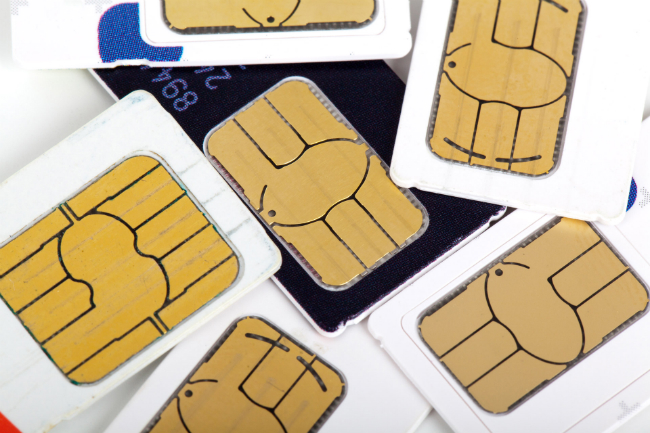
According to the lawsuit, former AT&T employees Marc Sapatin, Nguyen Lam, and Kyra Evans, who worked at an AT&T call center in Washington back in 2013, were approached by Swift Unlocks. Sapatin and Evans would be paid at least $10,000 by the company between April and October of 2013, according to Prashant Vira, who operates Swift Unlocks, so long as they agreed to install a remote access tool, which would allow Swift Unlocks to instantaneously have access to any unlock code.
AT&T first noticed some abnormalities when the carrier found out two call center employees saw an increase in unlock requests. AT&T was able to trace these requests to the three aforementioned former employees due to each making these unlock requests under their employee codes.
For his part, Lam was not given financial compensation, though AT&T alleges he installed malware on AT&T computers. Lam was subsequently fired from the company, while Sapatin and Evans left on their own accords.
Things didn’t stop there, however, as Sapatin allegedly tried to bring other AT&T employees into the fold, with Sapatin telling one employee “that she would make $2,000 every two weeks through her participation in the Unlock Scheme,” wrote AT&T. In addition, Sapatin, Lam, and Evans allegedly re-sold fraudulently unlocked phones, likely in an effort to pocket even more money from the scheme.
“We’re seeking damages and injunctive relief from several people who engaged in a scheme a couple of years ago to illegally unlock wireless telephones used on our network,” AT&T wrote in a statement. “It’s important to note that this did not involve any improper access of customer information, or any adverse effect on our customers.”
Nowadays, unlocking your phone is somewhat easier, given its recently-attained legal status, though you’ll have to jump through a number of hoops if your phone happens to have been purchased from AT&T.
The defendants in the lawsuit have 21 days to respond to the complaint, though the lawsuit did not divulge exactly how much in damages AT&T will seek.
Editors' Recommendations
- Everything Apple didn’t announce at its iPhone 15 event
- My 1TB iPhone 14 Pro isn’t overkill — it’s the right version to buy
- It’s late 2022, and Verizon and AT&T still can’t beat T-Mobile’s 5G network
- The Nothing Phone 1 is what the OnePlus 10T could have been
- The Nothing Phone 1’s biggest problem isn’t the lights — it’s something else


